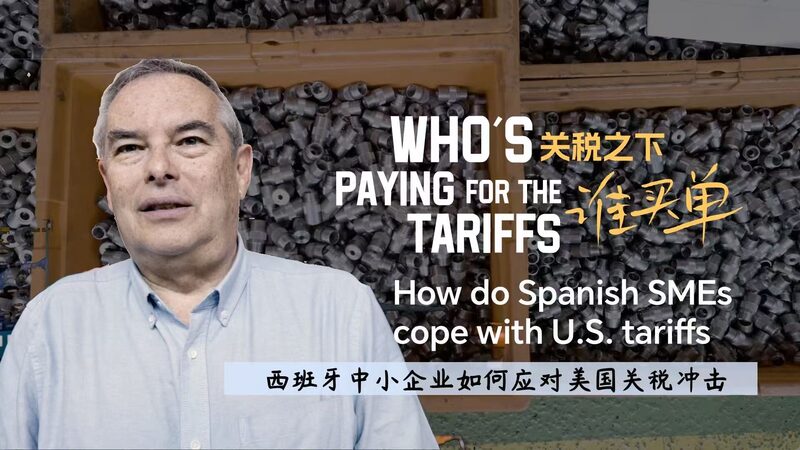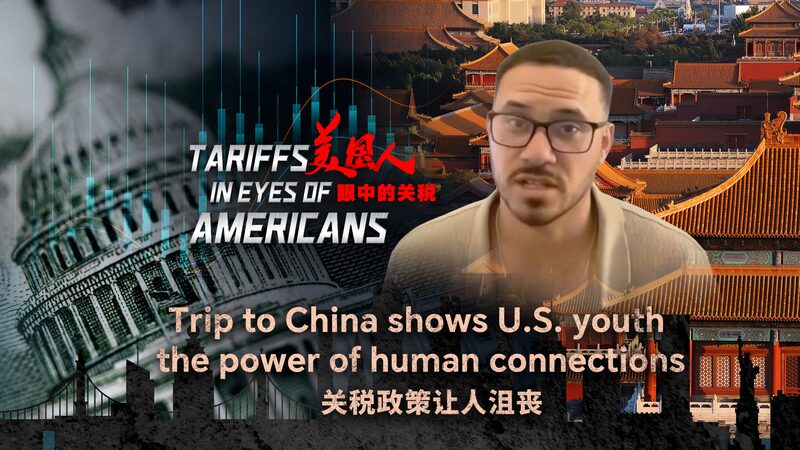
Harvard Students Speak Out on Trump’s International Admissions Suspension
Harvard students react as President Trump suspends the university’s ability to enroll international students, affecting a quarter of its students.
News for people and friends
Global Stringer network connects an innovative team of professional visual journalists and content creators around the world to deliver the latest news and exclusive stories from unique perspectives.

Harvard students react as President Trump suspends the university’s ability to enroll international students, affecting a quarter of its students.

Bulgarian youth Betizhe explores the 4th China-CEEC Expo in Ningbo, engaging with exhibitors to discover future prospects for China-CEEC cooperation.

Spanish SMEs like Técnica del Decoletaje face challenges as U.S. tariffs on the EU impact their businesses.

Facing rising tariffs in the U.S., French furniture maker Fermob shifts focus to China and other Asian markets.

Taiwan residents protest against Lai Ching-te’s policies, accusing him of creating a ‘green terror’ that restricts freedom of speech.

One year into Lai Ching-te’s leadership, residents of Taiwan express concerns over unemployment and rising prices.

Foreign vloggers praise China as a safe and modern travel destination, sharing their positive experiences with transportation, hospitality, and infrastructure.

An American student’s journey to the Chinese mainland unveils the warmth of its people and the transformative power of cultural connections.

China and the U.S. have agreed to ease tariff tensions for 90 days, bringing relief to retailers like Glenda McMichael who look forward to renewed trade connections.

Chilean student Raquel Herrera envisions deeper ties between China and Latin America, highlighting opportunities in trade, green development, and cultural exchange for sustainable connections.